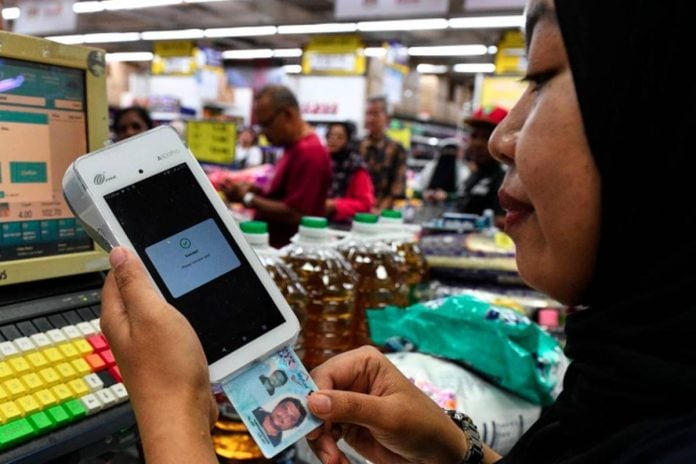SOCIAL and Economic Research Initiative (Seri) welcomes the Madani government’s continued commitment to relieve cost-of-living pressures through Sumbangan Asas Rahmah (Sara).
In 2025, Sara broadened access to essential goods nationwide via MyKad, expanded eligible item categories, and raised targeted support for poor and hardcore poor households – up to RM2,100 annually – while also extending coverage to Sabah and Sarawak.
However, Seri emphasises that good intentions must be matched by resilient execution. On Aug 31, many Malaysians encountered checkout failures and long delays as payment terminals struggled under load.
The Finance Ministry and MyKasih Foundation issued public apologies. These problems undermined beneficiaries’ experience – some even paid cash despite having Sara credit – and eroded confidence not only in Sara but also in future digital public-service rollouts.
“Relief must feel reliable. When essential-goods aid fails at the checkout, good feelings turn sour and trust suffers,” said Rashaad Ali, managing director of Seri.
“Malaysia is moving towards a more digital, targeted safety net. That transition will only succeed if citizens can trust that systems are ready on day one.”
Seri notes several strengths worth preserving: simple redemption via MyKad, wider item categories that match real household needs and broadening merchant networks. The strong transaction volume (RM110 million within two days) shows how responsive households are when systems work.
At the same time, confusing public messaging around “Sara for all” versus targeted monthly Sara assistance and the proliferation of fake links have increased user anxiety and workload for front-line staff.
Clearer communication and scam-proofing are essential to protect the public and programme credibility.
To prevent recurrence, Seri recommends:
– Staggered go-live and load-testing: Simulate first-day peaks, roll out by state or ID number to avoid terminal overload and publish readiness and capacity tests pre-launch.
– Real-time status and service level agreements: Maintain a public dashboard for system uptime, incident tickets and recovery times. Set service level objectives with enforcement for providers.
– Merchant network readiness: Prioritise onboarding of small/community retailers (especially rural Sabah/Sarawak) with mobile POS kits, “test-swipe” days and micro-grants for equipment.
– Clear product branding and FAQs: Distinguish one-off RM100 “Sara appreciation” from monthly targeted Sara assistance across all channels, consolidate FAQs (eligibility, item categories, expiry and balance checks) in BM plus major languages with consistent visuals.
– Fallbacks for outages: Provide offline/backup redemption, for example, secure e-vouchers or claim-later reimbursement for verified failures, so households are not stranded at tills.
– Anti-scam measures: Pre-announce official sender domains, verify social posts and coordinate with telcos/platforms for rapid takedown of fake links and keep a single official portal as the source of truth.
– Independent post-mortems: After each major release, publish a lessons-learned report (what failed, why, timelines and fixes) to rebuild trust and improve subsequent phases.
“Digital social protection is the right direction,” added Dr Helmy Haja Mydin, chairman of Seri. “But to make it durable, we must engineer trust by design: robust systems, transparent comms, strong merchant networks and visible accountability.”
SERI is a non-partisan think-tank dedicated to the promotion of evidence-based policies that address issues of inequality.








